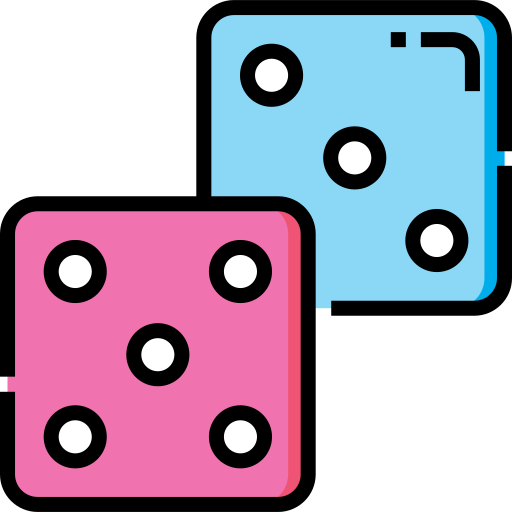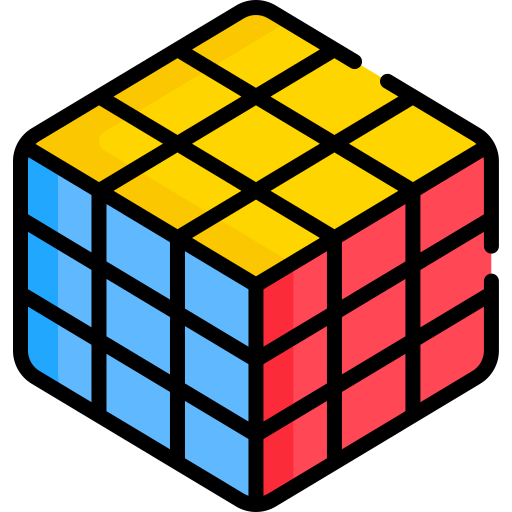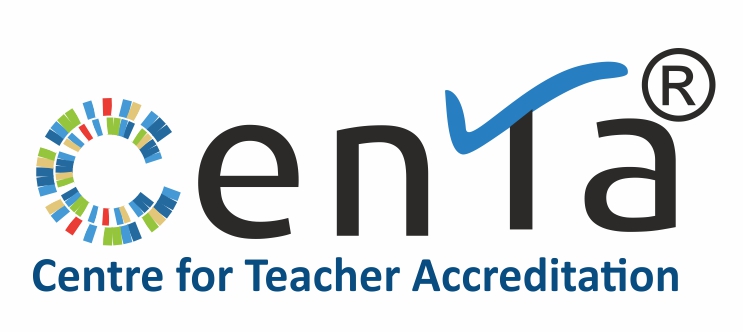Formal Operational Stage
Name of stage: Formal Operational
Ages: 11-16
Defining characteristics:
- Able to use logic and think abstractly
- Questions of previously accepted thoughts, ideas and values
- Capable of dealing with hypothetical problems
- Has awareness of self-identity
Activity

A. Spend time playing board games with your child. As a teacher, you can use some class time for children to play board games with one another, or keep them available in the classroom for them to use during breaktime. Games like Battleship, Mastermind, Othello, etc. are good ones to start with.
Board games allow children to develop logic and reasoning skills, while having fun and spending time with parents, teachers, or peers. These are a great way to help your child develop better skills without them having to be alone and focus.

B. Though children may be too old for toys at this stage, it’s good to provide them with things like Rubik’s cubes, Sudoku puzzles, and other brain teaser activities.
Similar to activity A, these games allow them to further develop logic and reasoning skills. These puzzles may also allow them to improve mathematical skills which become important in higher education.
All icons made by Freepik and Eucalyp from flaticon.com
